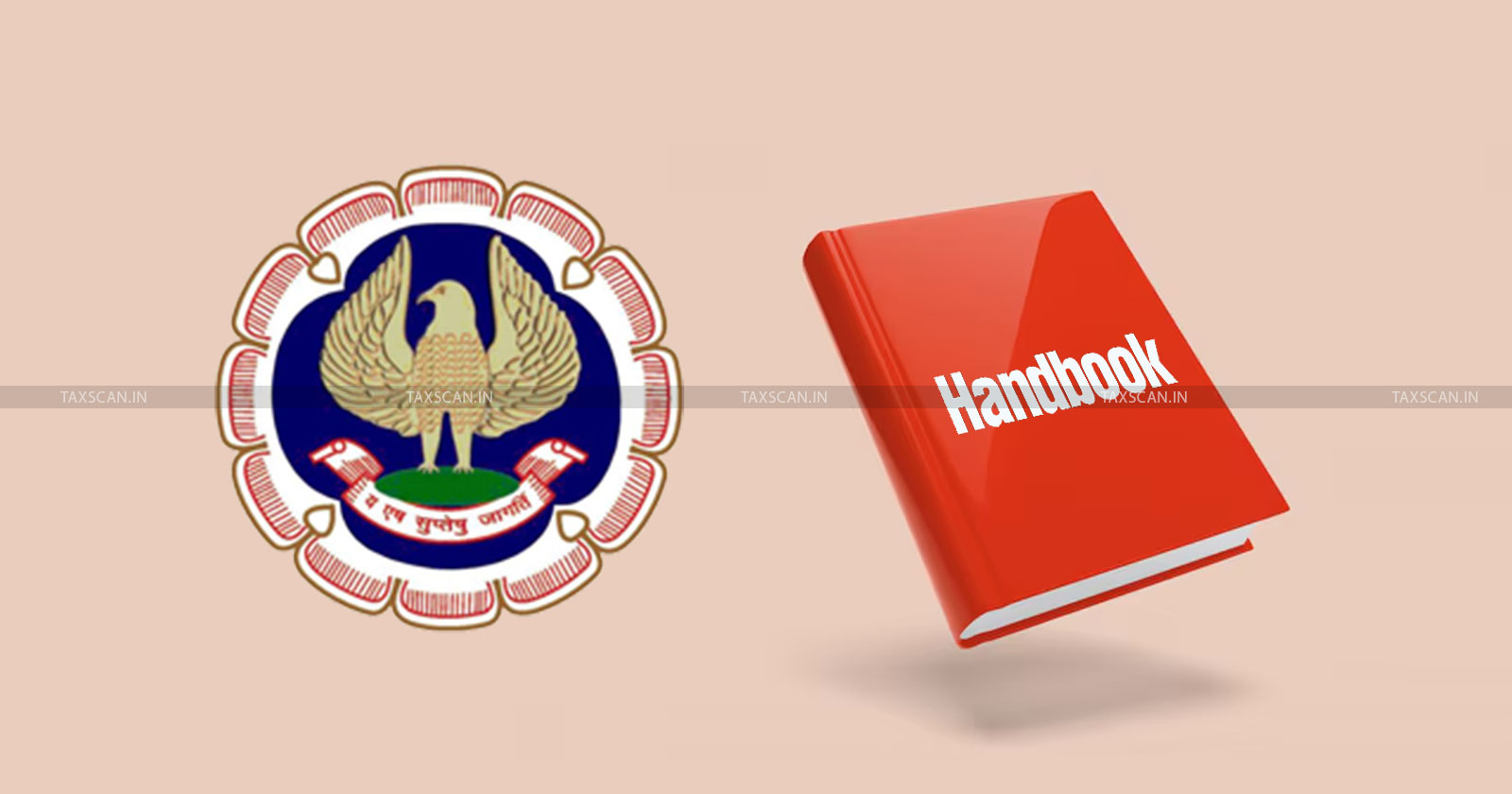ICAI Releases Handbook on Writs for Chartered Accountants
ICAI releases a Handbook on Writs to help Chartered Accountants understand legal rules for taxes, compliance, and business laws.

The Institute of Chartered Accountants of India (ICAI) has released a new Handbook on Writs to help Chartered Accountants (CAs) understand how writs work in the legal system. The book is designed to assist CAs in handling legal issues related to taxation, compliance, and corporate governance. Writs are court orders that help individuals and businesses challenge unfair decisions by government authorities, tax officials, and regulatory bodies.
The handbook explains different types of writs under the Indian Constitution, such as Habeas Corpus, Mandamus, Prohibition, Certiorari, and Quo Warranto. Each writ serves a specific purpose, like preventing illegal detention, ensuring authorities perform their duties, stopping courts from acting beyond their power, reviewing unfair decisions, and questioning improper appointments to public offices.
Learn DTAA and international taxation, live course with e-notes Click here
The book compares writ jurisdiction in India, the UK, and the USA, showing how Indian courts have expanded their use in areas like environmental protection, taxation, and public interest litigation (PIL). It also provides a historical background of writs, explaining how they evolved from English law into a powerful tool for justice in India.
Read More: Income Tax Dept Releases Updated Utility Excel-Based Tool for ITR-3 Filing
One of the key sections focuses on writs in taxation, explaining how CAs can challenge unfair tax assessments. It highlights cases where courts have struck down wrongful tax penalties and notices. The handbook also explains the role of writs in corporate governance, showing how businesses can contest regulatory decisions by SEBI, RBI, and other authorities.
There is also a discussion on how writs help protect fundamental rights, including the right to life, property, and fair treatment by the government. Famous cases like Maneka Gandhi v. Union of India and Olga Tellis v. Bombay Municipal Corporation are covered to show how courts have used writs to expand human rights protections.
Public Interest Litigation (PIL) is another important topic in the handbook. It explains how writs have been used to tackle pollution, corruption, and human rights violations. The book features cases like M.C. Mehta v. Union of India, where the Supreme Court issued orders to control industrial pollution.
The handbook also looks at how technology is changing writ jurisdiction. With more government services going online, there are new challenges in areas like cybersecurity, data privacy, and digital rights. The book discusses cases like K.S. Puttaswamy v. Union of India, which recognized privacy as a fundamental right and led to changes in India’s data protection laws.
Read More: Financial Year-End GST Compliance 2025: Key Deadlines and Required Actions
Former ICAI President CA. Ranjeet Kumar Agarwal explained that CAs are not just financial experts but also play an important role in legal compliance. Former Chairman of the Committee on Commercial Laws, CA. Chandrashekhar Vasant Chitale, added that with frequent changes in tax and corporate laws, CAs must understand how to use writs to protect their clients from unfair government actions.
The handbook is easy to understand and provides practical guidance on how to draft a writ petition. It explains the step-by-step process of filing a writ in the High Court or Supreme Court. Sample formats and real case examples help readers understand how to prepare a strong legal argument.
Affective Ways Of Tax Planning for HUF, Partnership Firm and Will, click here
This handbook is a useful tool for CAs who want to expand their knowledge of legal remedies. It will help them advise clients on tax disputes, regulatory issues, and corporate governance problems. With businesses facing increasing legal challenges, understanding writs will be a valuable skill for finance professionals.
The ICAI Handbook on Writs is now available for purchase on the ICAI website (www.icai.org) and ICAI offices across India. Digital copies are also available for members through ICAI’s online library.
To Read the full text of the Order CLICK HERE
Support our journalism by subscribing to Taxscan premium. Follow us on Telegram for quick updates


